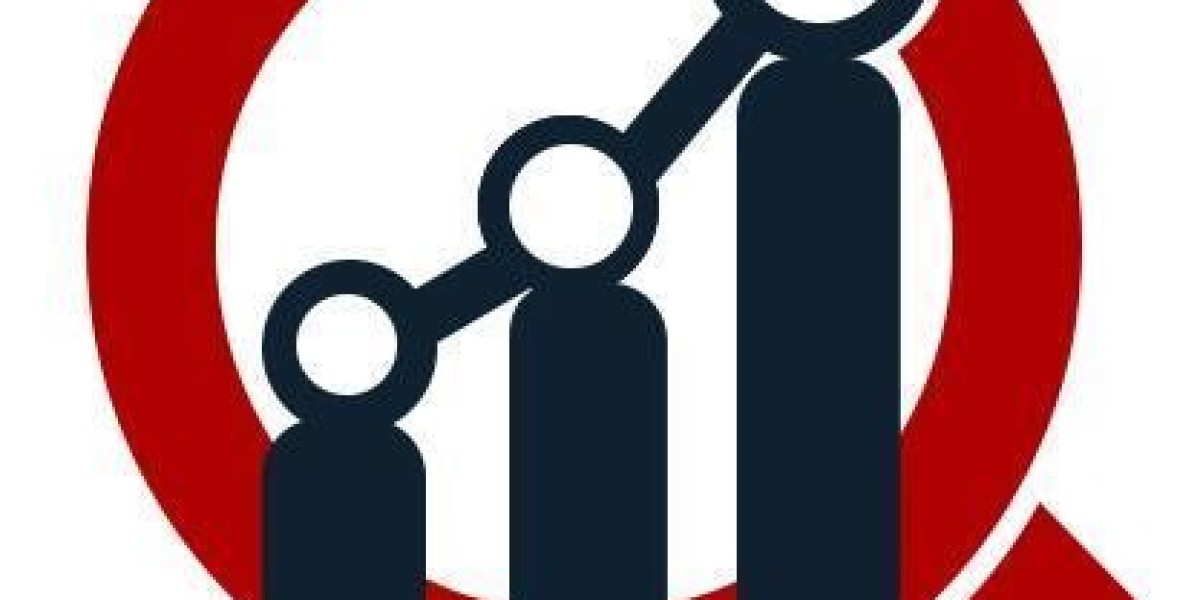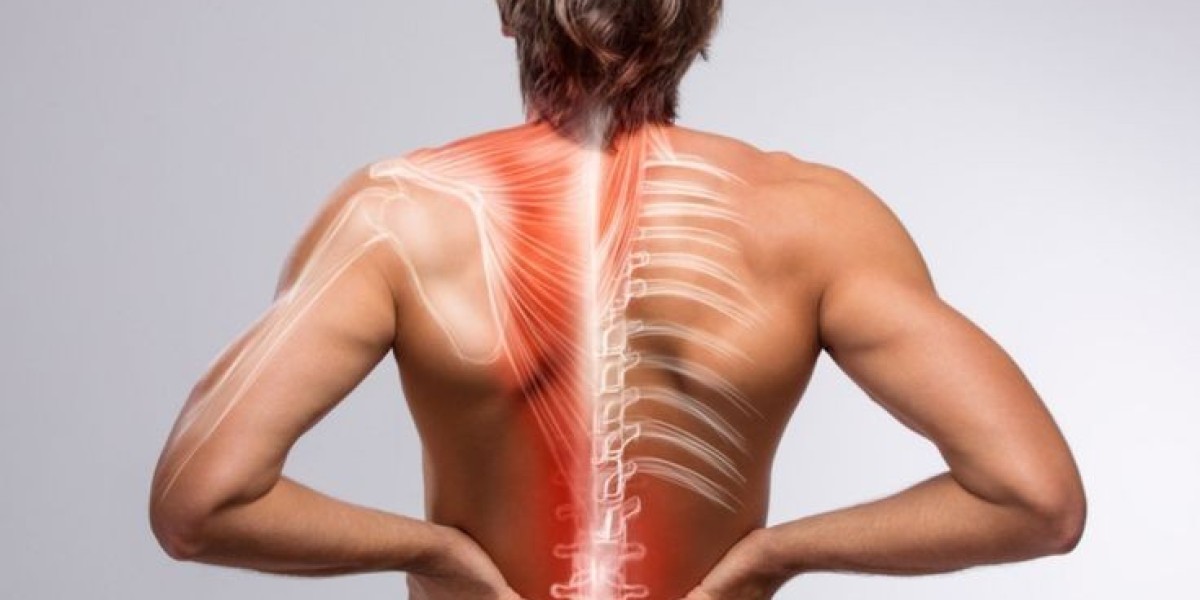Obsessive-Compulsive Disorder (OCD) is a mental health condition that affects millions of people worldwide. Within the spectrum of OCD, there are various subtypes, including Harm OCD and HOCD. Harm OCD is characterized by intrusive and distressing thoughts related to causing harm to oneself or others, while HOCD involves obsessive doubts and fears about one's sexual orientation. In this article, we will explore the symptoms and treatment options for Harm OCD and HOCD.
Harm OCD Symptoms: Individuals with Harm OCD often experience intrusive thoughts or mental images of causing harm to themselves or others. These thoughts can be disturbing and create intense anxiety. Despite their distress, individuals with Harm OCD usually have no desire or intention to act on these thoughts. Common examples of Harm OCD thoughts include fears of stabbing someone, pushing someone off a ledge, or intentionally harming oneself.
Harm OCD symptoms often lead to compulsive behaviors aimed at reducing anxiety and preventing harm. These compulsions may include excessive checking, seeking reassurance, avoiding certain situations, or performing mental rituals to neutralize the distressing thoughts. However, these compulsions only provide temporary relief and can reinforce the cycle of obsessions and anxiety.
HOCD Symptoms: HOCD is characterized by obsessive doubts and fears regarding one's sexual orientation. Individuals with HOCD may constantly question their attraction to the same or opposite sex, despite having a clear sexual orientation in the past. They may worry excessively about their thoughts, feelings, and reactions, analyzing them for any evidence of being gay, lesbian, or bisexual.
Common HOCD symptoms include intrusive thoughts about engaging in same-sex sexual activities, avoidance of situations or stimuli that may trigger doubts, and seeking reassurance from others or researching extensively about sexual orientation. These thoughts and behaviors can significantly impact an individual's daily life, relationships, and overall well-being.
Treatment for Harm OCD and HOCD: The treatment of Harm OCD and HOCD typically involves a combination of therapy and medication.
Cognitive-Behavioral Therapy (CBT) is often the first-line treatment for OCD. Specifically, Exposure and Response Prevention (ERP) therapy is highly effective for Harm OCD and HOCD. ERP involves gradually exposing individuals to their obsessions while preventing the associated compulsive behaviors. Through repeated exposure, individuals learn to tolerate the anxiety triggered by their intrusive thoughts without resorting to rituals or avoidance.
In some cases, medication such as selective serotonin reuptake inhibitors (SSRIs) may be prescribed to reduce the severity of OCD symptoms. SSRIs help regulate serotonin levels in the brain, which can alleviate anxiety and obsessions. It is important to note that medication should always be prescribed and monitored by a qualified healthcare professional.
Additionally, support groups and self-help strategies can be beneficial for individuals with Harm OCD and HOCD. Connecting with others who have similar experiences can provide understanding, validation, and coping strategies.
In conclusion, Harm OCD and HOCD are two subtypes of OCD that can significantly impact individuals' lives. The symptoms of Harm OCD involve intrusive thoughts of causing harm, while HOCD is characterized by doubts about one's sexual orientation. Treatment options include cognitive-behavioral therapy, medication, and support groups. Seeking help from mental health professionals is crucial for managing these conditions and improving overall well-being. Remember, you are not alone, and with the right support, recovery is possible.
visit us : https://www.ocd-anxiety.com/








